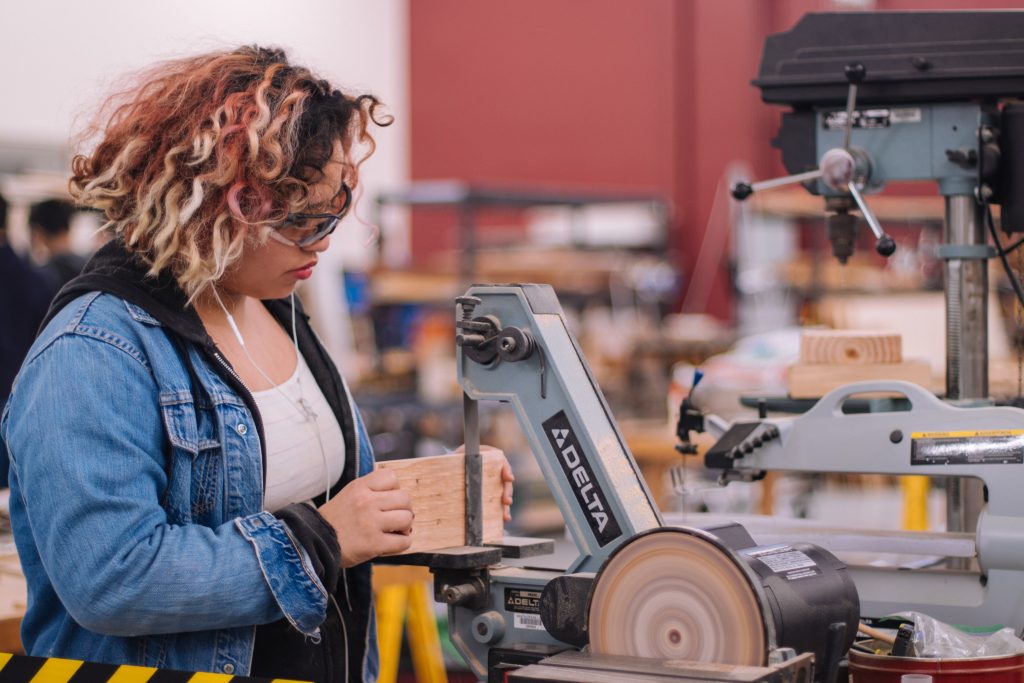
Digitalisation is changing the world of work at an astonishing pace. It seems business leaders, governments and educational institutes are constantly playing catch up to ensure adequate and relevant skilling for workers. COVID-19 has further exacerbated this necessity for continuous learning to stay up-to-date in a rapidly evolving and unpredictable labour market.
At FU.SE 2020, the digital 24-hour global sprint on the future of work, participants tackled key issues facing the future of skilling and lifelong learning, and proposed concrete solutions to ensure an agile workforce.
Protecting People, Not Jobs
CEO of The Adecco Group, Alain Dehaze, asserted that since the jobs of the future are unknown, “we don’t have to protect jobs, but we need to protect people”
Protecting people, and preparing workers to be adaptable to changes in the labour market, was a consistent concept throughout the course of the 24-hour FU.SE summit. Agile workers – those committed to skilling, reskilling, upskilling – will be in the best position to be attractive and suitable for the jobs of tomorrow.
In order to protect people, investment – from employers, governments, and workers alike – must be focused on continuous training. Encouraging acceptance of a lifelong learning approach will enable a sustainable and viable future of work.
Participants of FU.SE 2020 identified the challenges and worked on concrete solutions to develop an agile workforce dedicated to lifelong learning by focusing on skills to best prepare for the jobs of tomorrow.
#1. Investing In Workers’ Agility
Workers need the ability to constantly upskill and reskill so that they can become more flexible in the rapidly-changing labour market. Even if COVID-19 accelerated change, it is not the first and won’t be the last disruption that the workforce will face.
Nazrene Mannie, Executive Director at GAN Global said that “an agile and flexible workforce is more relevant than ever to adapt quickly to the many changes we face”.
Because the jobs of the future are difficult to predict, workers need to understand that training and reskilling are essential to remain attractive in the labour market. Hans-Paul Bürkner, Chairman of BCG, insisted that “it is an opportunity and an obligation for both individuals and companies to keep their skills up to date”.
Investing in skilling is as much an obligation of the employer and government as it is the employee. As Nicolas Schmit, EU Commissioner put it, “we have to build more resilient economies and societies by broadening the access to education and training”.
Investment in the worker, combined with an enthusiasm for a commitment to agility and lifelong learning, is fundamental to building a sustainable labour market.
#2. Vocational Training: An Essential Future
Predicting the jobs of the future might not be possible, but preparing the workforce with essential skills allows for an adaptable labour market. Investment in vocational training will continue to have a growing relevance in our rapidly digitalising world.
As Richard Baldwin, professor at the Graduate Institute, and expert on Artificial Intelligence says, “the new jobs will be in the service sector… and the new jobs are coming from the service sector” meaning that as jobs in one sector disappear due to automation, they’ll move to new jobs in emerging markets. The essential skills learned in vocational training programs can be adapted and are agile, adding “most service jobs have a lot of overlap in skills”.
Hans-Paul Bürkner insists that there is an opportunity for growth in vocational training in collaboration with automation. For example, in combining humans with machines in such jobs as electricians, plumbers, and healthcare workers.
These essential human jobs must be complemented by automation, not replaced. Bürkner says that “our task is just not to contemplate the future but to enable it”.
#3. Multi-Stakeholder Collaboration
Governments, businesses, and workers need to establish a new social contract, where each party is committed to lifelong learning.
Alain Dehaze stresses that for a sustainable future of work, “we need a tri-party alliance between companies, governments, and individuals to ensure that we are building the right skills for the future”. Indeed, this new social contract must be a collaborative effort across all levels, geographies, and demographics.
Hans-Paul Bürkner echoes this sentiment, adding that “to bridge the skills gap, we need a social contract between companies and employees to enable life-long learning”. He also stresses that when people have learned new skills, feedback is collected about training. Continuous improvement and open communication with employees will help ensure functional, collaborative, and sustainable training programs.
The participants at FU.SE 2020 created a concrete solution to help encourage a lifelong and collaborative learning approach, the 3L Triangle. This innovative framework forms a roadmap to connect workers and their employers to not only encourage, but also hold each other accountable in providing continuous lifelong learning initiatives.
An Agile Future
Committing to lifelong learning is essential for a sustainable future workforce. Employers and workers alike need to be agile and flexible. And as digitalisation continues to shape future jobs, it’s imperative that, through a multi-stakeholder collaboration, employers, workers and governments are dedicated to education and training for the jobs of the future.



